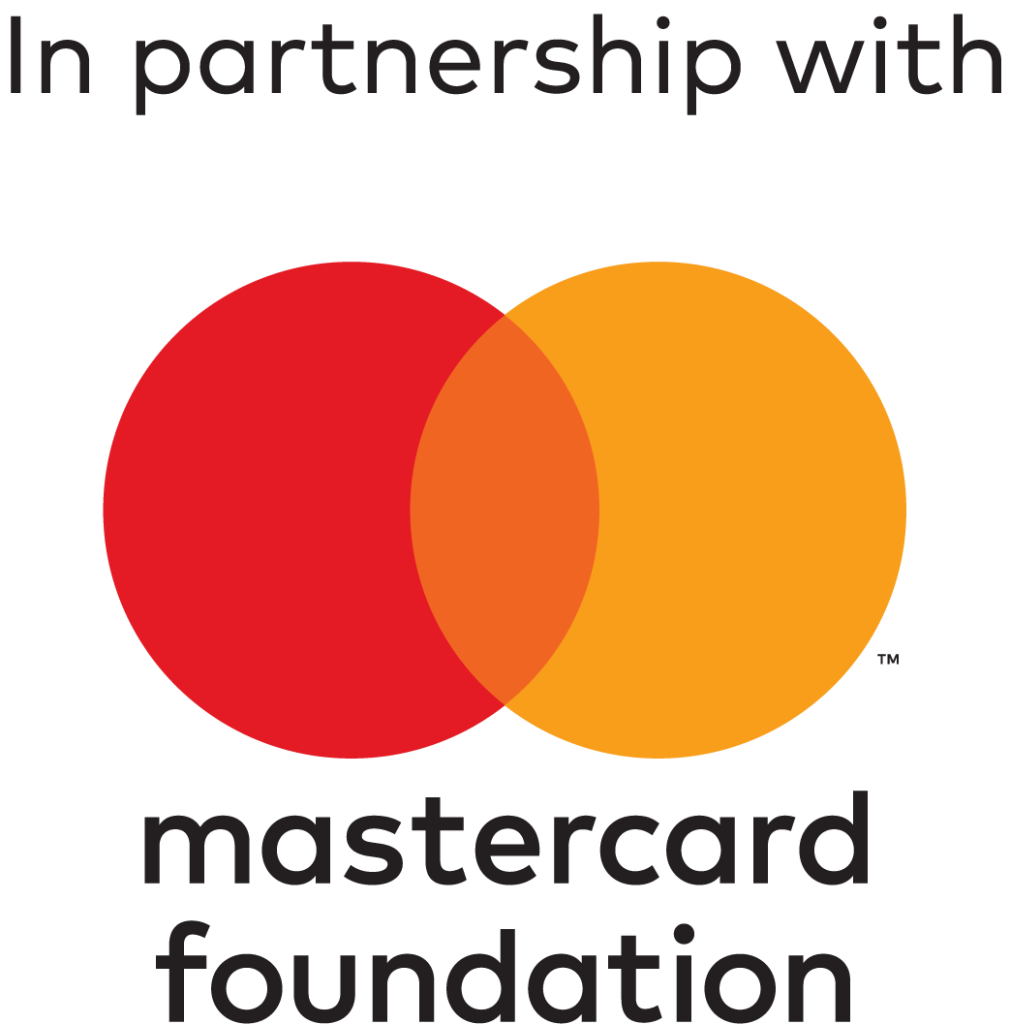With Africa’s youth population expected to double by 2050 and over 375 million young people projected to enter the job market within the next 15 years (Africa Renewal, 2024), the urgency of educational reform is impossible to ignore. Without inclusive, adaptable, and high-quality learning systems, the continent risks sidelining a generation from significant economic participation. The Mastercard Foundation EdTech Fellowship implemented by Co-creation HUB (CcHUB) aims to change that by investing in startups that reimagine what learning can look like.
The Mastercard Foundation EdTech Fellowship, implemented by CcHUB, is actively rewriting this narrative. Designed as an entrepreneurship acceleration program, the Fellowship identifies and supports high-potential EdTech ventures that build scalable solutions to some of Africa’s most entrenched education challenges.
By supporting these startups, CcHUB, as the implementing partner, helps meet the growing demand for diversified skills, especially in science, technology, finance, and creative sectors. More importantly, these innovations tackle educational accessibility, extending learning to marginalised communities, rural schools, and underserved demographics, including girls and women.
Since its launch, the Fellowship has already impacted more than 676,000 learners in Nigeria alone, 84% of whom are children and youth, with a commendable 53% female representation. This speaks not just to the scale of its ambition but to CcHUB’s broader mission: to catalyse innovations that both build sustainable businesses and power a generation capable of steering Africa’s transformation.
Introducing the 2025 Mastercard Foundation EdTech Fellowship Cohort
This new cohort embodies the bold thinking and local relevance fueling Africa’s education transformation. The twelve edtech startups selected span a spectrum of learning innovation, from AI-powered tutoring and immersive virtual science labs to digital financial literacy and talent-matching platforms.
- AI Teacha, an educational platform that enhances learning by equipping teachers with AI-powered tools to deliver personalized lessons, save time, increase engagement, and improve student outcomes.
- Blue Sands Academy provides virtual science labs that empower secondary schools across Nigeria including those in rural areas without internet access. Featuring a student-friendly interface, real-world lab simulations, and intuitive teacher tools, the platform enhances retention, improves academic performance, and promotes equitable learning nationwide.
- Cloudnotte, an all-in-one educational platform that enables flexible learning for students and seamless connectivity for educators—anytime, anywhere, across all education levels.
- Flexisaf (Distinction), an AI-powered learning platform developed by FlexiSAF that enables schools and universities to track student performance, uncover learning gaps, and make data-driven decisions through predictive insights and personalised interventions.
- HiPrep Online a virtual after-school platform for K–12 students, delivering personalised, bite-sized learning sessions led by expert tutors. It helps students build consistent study routines and improve academic performance in core subjects like math, English, and science.
- I-Train Africa, an impact-driven edtech organization that empowers African youth, women, and professionals with in-demand digital and workplace skills. By offering remote-first programs, it bridges the gap between formal education and the global workforce, boosting employability and career advancement.
- Kryptr, an AI-powered platform addressing Africa’s workforce gap by training and connecting job-ready youth to employment opportunities. Focused on individuals aged 18–35 and MSMEs, Kryptr offers role-specific training, AI-driven talent matching, and work-integrated learning.
- Mavis Computel, tackles educational inequity in underserved Nigerian communities with its innovative “Talking Books”, an interactive, audio-visual learning tool designed to improve literacy and numeracy by delivering content in students’ local languages.
- Smart Steward Academy, a digital edtech platform that empowers young people—particularly women—with essential skills in financial literacy, financial planning, and entrepreneurship through structured courses, interactive modules, and practical training.
- Tespire, offers a mobile and web application that empowers primary and secondary school owners in semi-urban Africa to increase school income and leverage data-driven insights for personalized learning. The platform includes free tablets with internet access, making digital education more accessible.
- Sproutly Inc., offers seamless payment processing for K–12 schools, universities, colleges, and edtech platforms—combining efficient invoicing, streamlined accounting, and accessible credit solutions tailored to the needs of both schools and families.
- VarsityScape, offers an end-to-end solution that enables experts and institutions to launch online academies in under 60 minutes. Through expert-led courses, the platform equips learners—especially African youth—with the skills and mindset needed for independence and future opportunities.
Together, these ventures form a compelling cross-section of African innovation that is ambitious, competitive, and deeply grounded in the realities of local learners inNigeria. They do not merely respond to Africa’s educational challenges; they anticipate what learning should look like for a continent in transition.
As this new cohort sets out to reimagine the future of learning, their solutions offer more than technological promise—they represent the bold ideas and lived realities of founders determined to solve problems that matter. But behind every innovation is a journey often marked by uncertainty, clarity, and conviction. In our next feature, we turn the spotlight on the founders themselves, as they reflect on the application process, the mindset it demanded, and what it revealed about building with purpose in Africa’s dynamic EdTech landscape.
Citations
Unlocking the potential of Africa’s youth | Africa Renewal. (2024, October 4). https://africarenewal.un.org/en/magazine/unlocking-potential-africas-youth


